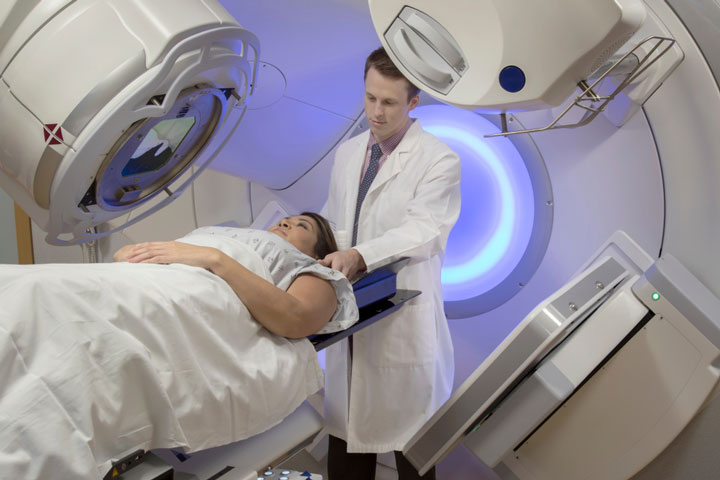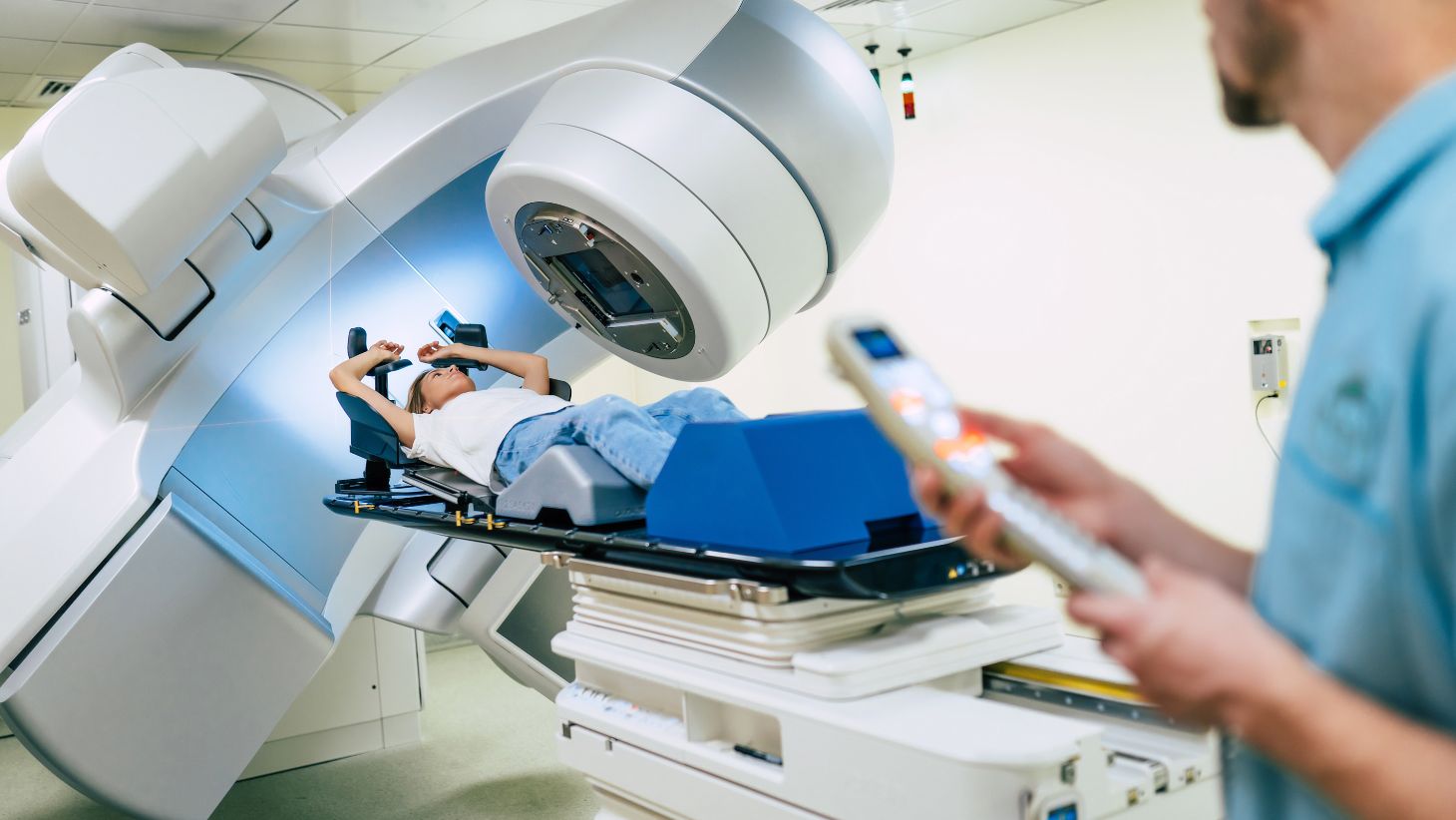Radiation is a double-edged sword, with its immense potential for both benefits and drawbacks.
In this article, we will explore the pro and cons of radiations, shedding light on its applications in medicine and the advancements in technology it has facilitated.
However, we will also delve into the environmental impact radiation protection, health risks, and concerns associated with radiation exposure.
Furthermore, we will discuss the regulatory measures and safety guidelines that have been put in place to ensure the responsible and safe use of radiation.

Applications in Medicine
Radiation plays a crucial role in various medical applications, including cancer treatment and diagnostic imaging. When it comes to therapeutic benefits Accentrix SDN BHD, radiation therapy is often used to target and destroy cancer cells, either as the primary treatment or in combination with other therapies. It can be delivered externally or internally, depending on the type and stage of cancer.
Diagnostic techniques such as X-rays, computed tomography (CT) scans, and positron emission tomography (PET) scans rely on radiation to create detailed images of the body, aiding in the detection and diagnosis of various medical conditions.
However, it is important to approach radiation in medicine with caution, as excessive exposure can lead to adverse effects. Therefore, medical professionals carefully assess the risks and benefits of using radiation, ensuring that the dosage is optimized for each patient’s individual needs.
Advancements in Technology
One significant aspect to consider in the discussion of advancements in technology is the impact it has had on various industries and sectors.
The emergence of 5G technology and the Internet of Things (IoT) have revolutionized the way we live and work. These advancements have paved the way for faster and more efficient communication, enabling us to connect and share information in real-time.
However, it is important to approach these advancements with caution, as there are concerns regarding privacy and security. With the increasing number of devices connected to the internet, there is a greater risk of cyberattacks and data breaches.
Additionally, the deployment of 5G technology has raised concerns about potential health effects due to increased exposure to electromagnetic radiation.
As we continue to embrace these technological advancements, it is crucial to strike a balance between progress and the protection of our freedoms and well-being.
Environmental Impact
When it comes to advancements in technology, it is important to consider the environmental impact they have on our planet. The ecological consequences of these advancements can have long-term effects that may jeopardize the freedom and well-being of future generations.
As our society becomes more reliant on technology, it is crucial to carefully assess the potential environmental impacts of our actions. From the extraction of raw materials to the disposal of electronic waste, every step in the life cycle of a technological device can have significant environmental implications.
The depletion of natural resources, pollution of air and water, and the generation of electronic waste are just a few examples of the environmental challenges we face. It is imperative that we strive for technological advancements that prioritize sustainability, reducing our ecological footprint and ensuring a better future for all.

Health Risks and Concerns
Health risks and concerns are a crucial aspect to consider when evaluating the impacts of technological advancements on society. In the case of radiations, the potential health effects are of utmost importance.
Exposure to ionizing radiation, such as X-rays and gamma rays, can lead to various health risks, including increased risks of cancer and genetic damage. Additionally, non-ionizing radiation, like radio waves and microwaves, can have thermal effects on the human body, causing tissue damage and burns.
Therefore, a thorough risk assessment is necessary to ensure the safety of individuals exposed to radiation. This assessment involves evaluating the dose of radiation, the duration of exposure, and the specific health effects associated with the type of radiation.
Regulatory Measures and Safety Guidelines
Regulatory measures and safety guidelines play a crucial role in ensuring the protection of individuals and society as a whole from potential harm caused by the use of technology.
When it comes to radiation, regulatory compliance is of utmost importance in order to establish and maintain safe levels of exposure. Radiation exposure limits are set by regulatory bodies to minimize the risk of adverse health effects. These limits are based on extensive scientific research and take into account the potential risks associated with different types and doses of radiation.
Conclusion
In conclusion, it is evident that radiations have both beneficial and detrimental effects.
While they play a crucial role in medical applications and technological advancements, their environmental impact and potential health risks cannot be overlooked.
It is imperative to adhere to regulatory measures and safety guidelines to mitigate these risks.
Further research and development are necessary to ensure the responsible and safe use of radiations in various fields.

